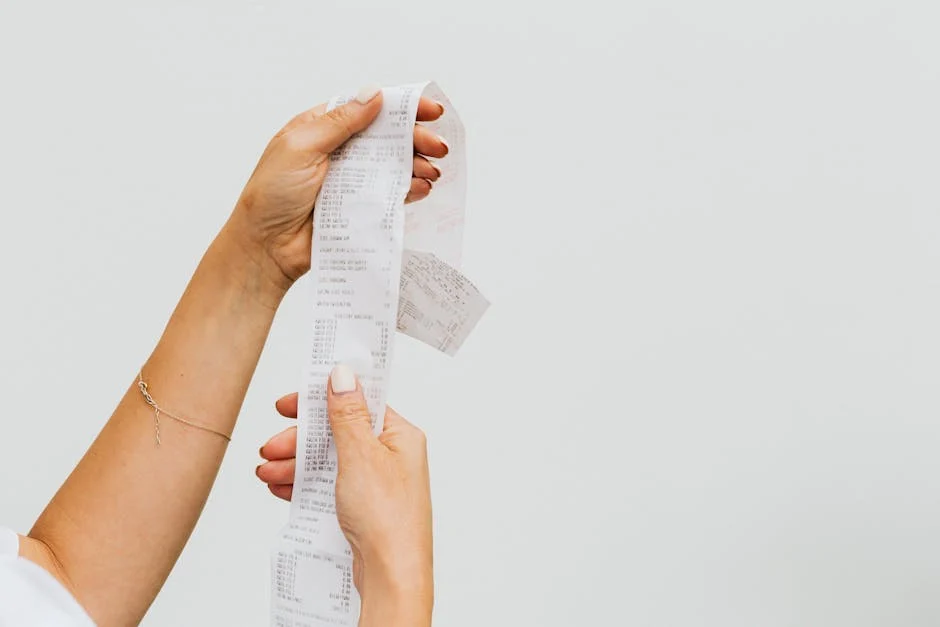
Financial tracking apps make it easy to manage money, spot spending trends, and set budgets. But there’s a hidden cost many users overlook: their purchase history. When you sync your bank or credit card with an app, it collects itemized data about what you buy, when, and where. Some apps promise security, but behind the scenes, your purchase history can be a goldmine for marketers and data brokers. If you use these apps, it’s important to know that your information may be sold—sometimes without your clear consent. Understanding how and when this happens is the first step to protecting your financial privacy.
1. The “Anonymized” Data Sale Loophole
Many financial tracking apps claim they only share “anonymized” data. But anonymized doesn’t always mean safe. In several cases, companies sold user purchase history stripped of names but left enough details to re-identify individuals. For example, if your app logs a unique purchase at a local store, it’s not hard for third parties to link that data back to you. This loophole has allowed companies to profit from your spending habits while skirting privacy promises.
2. Partnerships with Data Brokers
Some apps partner directly with data brokers, whose entire business is buying and selling consumer information. When you authorize a financial tracking app, you may also be agreeing to let it share your purchase history with these brokers. This information can then be resold to advertisers, insurance companies, or even employers. The result? Your grocery trips or coffee runs could end up in massive databases, fueling targeted ads or affecting your insurance rates. Financial tracking apps have been caught in the act multiple times, quietly passing along purchase histories for profit.
3. Selling to Advertisers for Targeted Marketing
Advertisers pay big money for detailed purchase histories. Some financial tracking apps have taken advantage by selling aggregated or even individual purchase data to marketing firms. These firms use the data to target you with ads that match your spending habits. For instance, if your purchase history shows you frequent a certain restaurant, you might see more ads for similar places. While this may seem harmless, it’s a clear example of how your financial data becomes a commodity.
4. Mergers and Acquisitions: Changing the Rules
When a larger company acquires a financial tracking app, your purchase history can change hands too. Sometimes, the new owner has fewer scruples about privacy. There have been cases where, after a merger or acquisition, the new company sold off stored purchase histories to monetize the user base. This shift often happens with little warning or transparency, leaving users unaware that their data is now on the market.
5. Third-Party Integrations and Leaky APIs
Many apps offer integrations with other services to enhance functionality. However, these integrations can open the door to your purchase history being shared or sold. Some third-party partners are given access to more data than needed, and weak API security can lead to leaks. In at least one instance, a popular budgeting app’s third-party integration transmitted purchase history to an analytics firm, which then sold the data to outside parties. This highlights how financial tracking apps can inadvertently (or intentionally) compromise your privacy.
6. Subscription “Perks” That Aren’t Free
Some financial tracking apps offer free or discounted subscriptions in exchange for sharing more of your data. These perks often come with fine print: by accepting, you grant permission to sell your purchase history to unspecified partners. The trade-off is rarely clear upfront. Users have learned too late that their detailed spending records were sold as part of these deals, turning a simple subscription perk into a privacy risk.
7. Surprising Data-Sharing Clauses in the Fine Print
Buried in the terms and conditions of many financial tracking apps are clauses that allow for the sale of your purchase history. Although legal, these clauses can be written in confusing language that most users skip over. When privacy advocates dug into these contracts, they found several apps had explicit permission to sell user data to third parties. Even if you thought your information was safe, the fine print may say otherwise.
8. Data Breaches Leading to Unintentional Sales
Not all sales are intentional. Sometimes, financial tracking apps suffer data breaches that expose purchase histories to hackers, who then sell the data on the dark web. In such cases, your purchase history becomes a commodity for criminals rather than marketers. One breach involving a popular app led to thousands of users’ spending records being auctioned off online. Even the most cautious companies can fall victim, showing that using these apps always carries some risk.
What You Can Do to Protect Your Financial Privacy
Financial tracking apps make life easier, but they can put your purchase history at risk. If you want to keep your financial data private, start by reading the privacy policy before signing up. Look for any mention of selling or sharing purchase history. Consider using apps with strong privacy records or open-source alternatives. You can also limit what accounts you link and regularly review app permissions.
Remember, your purchase history is valuable. Treat it with the same care you give your money.
Have you ever been surprised by how much your financial tracking app knows about you? Share your thoughts or experiences in the comments below!
Read More
Whos Watching Your Financial Apps Without You Knowing It
Are Financial Apps Sharing Your Spending Data More Than You Realize
The post 8 Times Financial Tracking Apps Sold Your Purchase History appeared first on The Free Financial Advisor.







